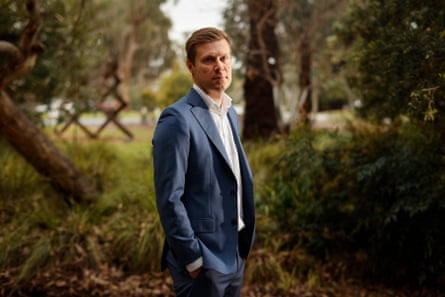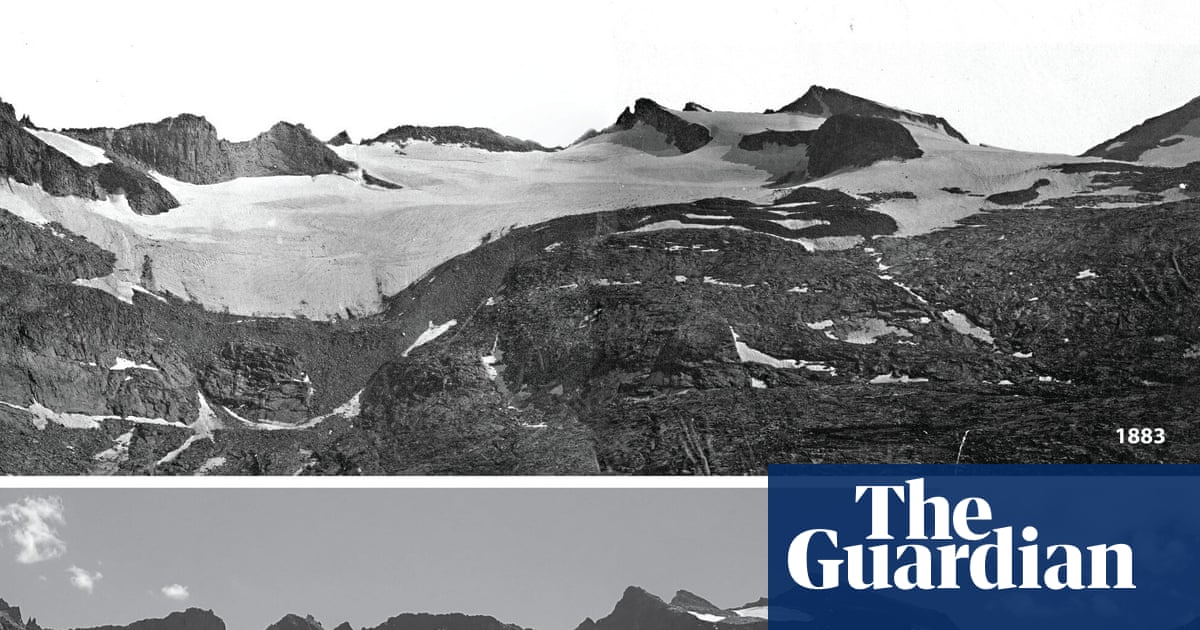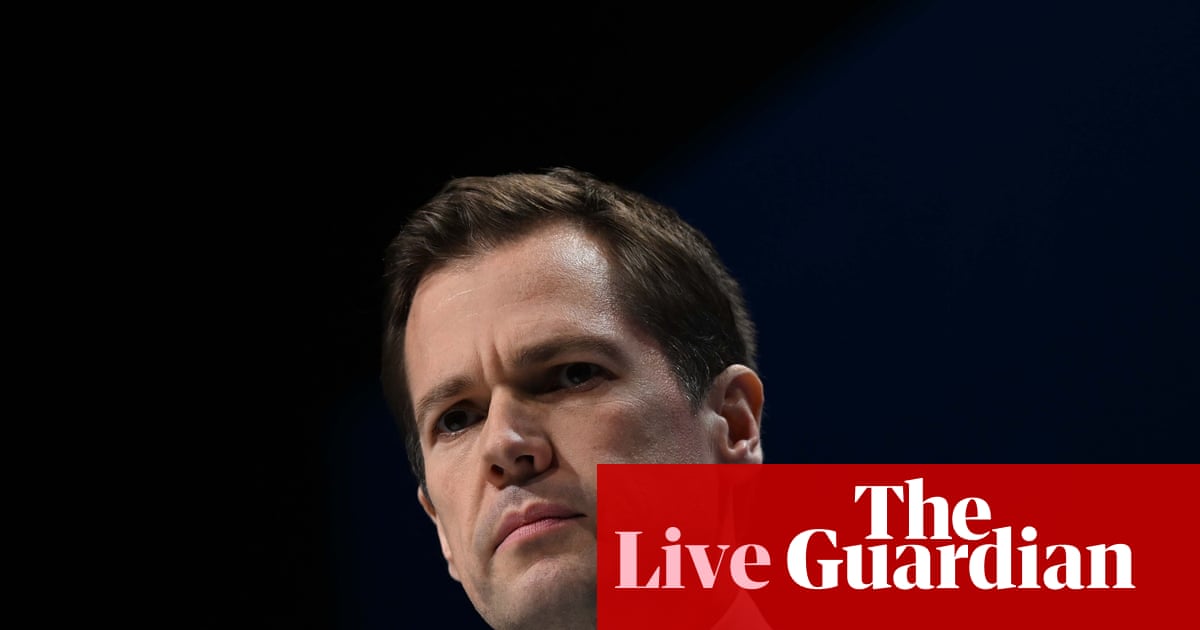PROTECT YOUR DNA WITH QUANTUM TECHNOLOGY
Orgo-Life the new way to the future Advertising by AdpathwayPolitical and media attacks on renewable energy and climate action in Australia in recent months have come “out of the climate obstruction playbook” that has been honed over decades around the world by fossil fuel interests.
Prof Christian Downie, an Australian researcher, says he has studied techniques used by business groups and lobbyists all over the world which are now being seen in Australia.
Renewable energy and policies to reach net zero emissions came under sustained attack from some quarters as the Albanese government considered its 2035 climate target and the Coalition was put under pressure internally to drop net zero targets.
Sign up: AU Breaking News email
Downie, an expert on coordinated efforts to undermine warnings of the risks of climate change and slow the global transition away from fossil fuels, pointed to the Business Council of Australia, which released widely reported modelling as the Albanese government prepared to set its 2035 climate target, warning an ambitious target would require $530bn of capital spending.
Australian scientists who prepared the country’s first national climate risk assessment were accused of scaremongering on the front pages of two News Corp newspapers by a fellow at a US-based thinktank with a history of criticising climate science.
“What we’ve seen in recent months is very much consistent with empirical evidence that we’ve gathered from around the world on how groups obstruct climate action,” said Downie.
“This is straight out of the climate obstruction playbook.”
Downie, from the Australian National University’s school of regulation and global governance, is part of the Climate Social Science Network – a group of about 800 scholars researching politicised conflicts over the climate crisis.
The group researches the “complex web of actors” that includes thinktanks, fake grassroots groups, trade associations, PR companies and fossil fuel firms that have worked for decades to slow climate action around the world.
Downie is also a co-editor of a book from the network to be published this month by Oxford University Press entitled Climate Obstruction: A global assessment which “summarizes the current state of knowledge on who is impeding action on climate change, and how”.
With colleague Prof Robert Brulle, of Brown University in Rhode Island, Downie discovered that trade associations working on climate in the US had spent US$3.4bn in a decade on political activities, including lobbying, PR campaigns and political donations.
The pair examined tax filings from the US associations – work Downie says can’t be done in Australia.
“We have much poorer transparency policies here. But we do have examples of where trade associations are doing the same thing,” he said.
The BCA report was seen as a warning to avoid ambitious targets and was sharply criticised by mining billionaire Andrew Forrest’s Fortescue company, climate advocates and the Greens.
“This was straight out of the playbook,” said Downie. “We know in the past fossil fuel industries have leveraged expert studies to make claims about climate action. They infer the potential costs [of action] while ignoring the benefits, and that’s what happened with the BCA modelling.
“Trade associations have played a role for many years, allowing companies to hide in the crowd. These associations can do the dirty work for corporations and run their political campaigns that might otherwise do brand damage.”
Downie appeared last week at a Senate inquiry, called by the Greens, into climate and energy misinformation and disinformation.
That inquiry has received almost 200 submissions with several groups, including the Climate Council, WWF-Australia and Climate Action Against Disinformation, pointing to a long list of claims promoted recently by conservative politicians, thinktanks and conservative media.
after newsletter promotion

Those claims included that renewable energy was expensive and unreliable, offshore windfarms killed whales, net zero policies would damage prosperity and global heating was not threatening the Great Barrier Reef.
Dr John Cook, an expert on climate misinformation at the University of Melbourne, also gave evidence to the inquiry.
“The two big trends in climate misinformation are a transition from science denial to undermining climate solutions, and a strong emphasis on trying to discredit climate science by attacking climate scientists,” he said.
“The latest efforts in Australia match closely what we’re seeing globally, attacking solutions and scientists in an attempt to delay climate action.”
Cook said building public awareness of the “misleading tricks used to delay climate action” was a “crucial part to countering their negative influence.”
Downie and others told the inquiry that groups engaged in political activities should be forced to reveal funding sources and how much was being spent.
Downie believes more Australians need to understand the role of coordinated campaigns.
“The reason we have failed so often to have ambitious climate policies? There’s a lot of reasons, but intentional efforts from coal and gas and their enablers is why we have this history in Australia of climate policy inaction.”
A BCA spokesperson said the council was committed to “affordably and reliably achieving net zero by 2050 and supports the setting of ambitious but – importantly – achievable 2035 targets.”
The statement said the modelling was developed “with a bottom-up analysis and takes an investment approach based on current costs and technologies. It’s focused on the policy changes and investment required to decarbonise our economy.”
They said the conclusions reached were consistent with modelling carried out by the CSIRO and the Treasury.


 8 hours ago
4
8 hours ago
4



















 English (US) ·
English (US) ·  French (CA) ·
French (CA) ·